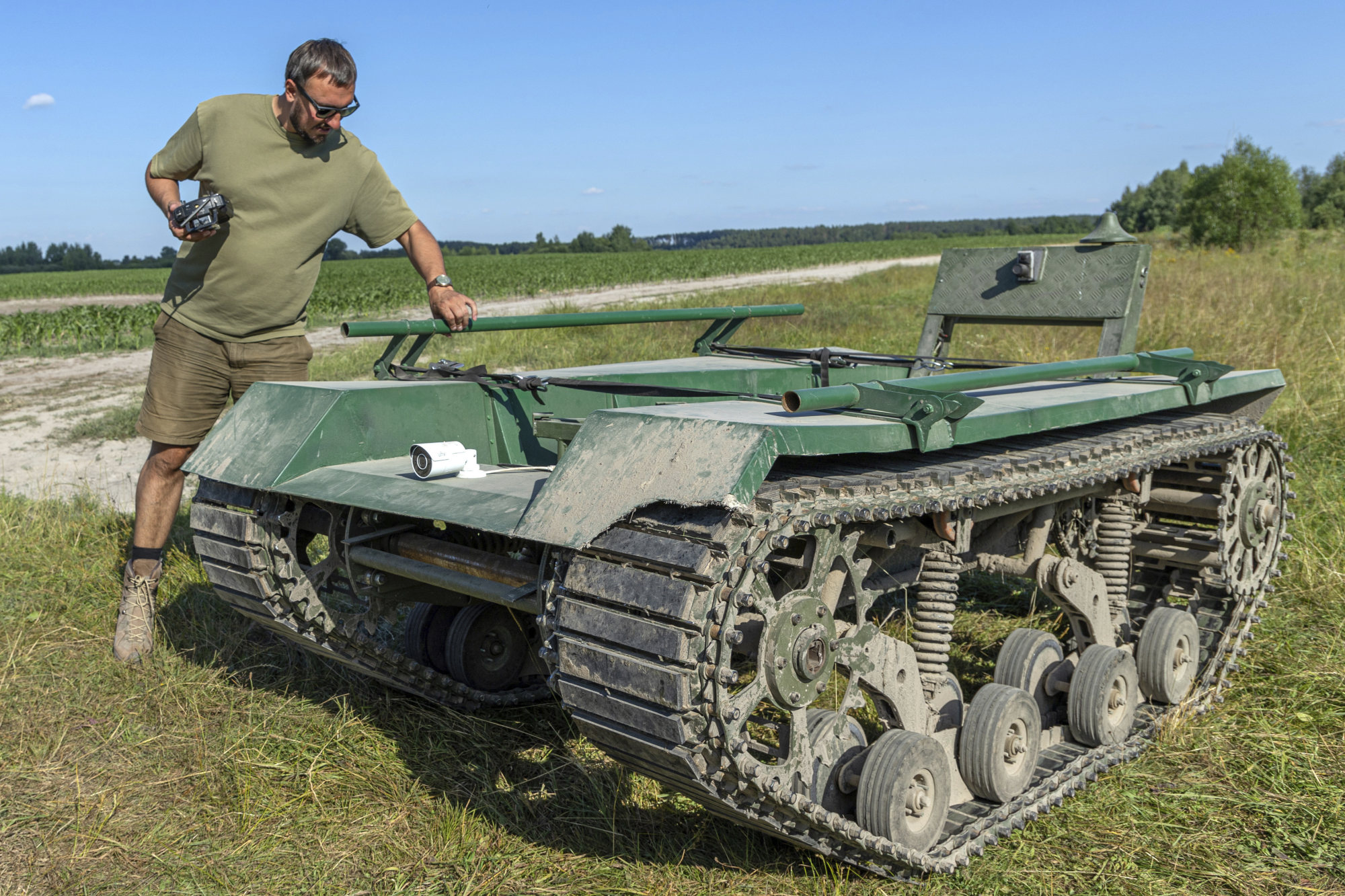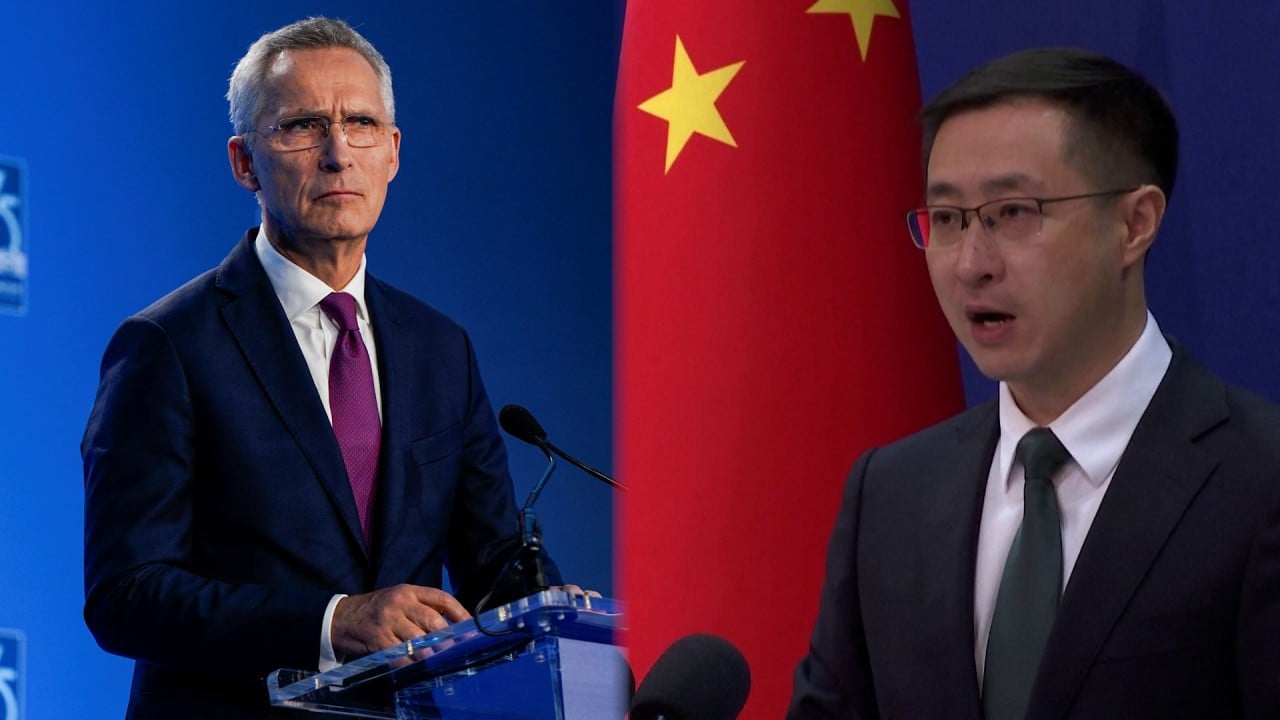Ukrainian start-ups develop low-cost robots to fight Russia: “War is mathematics”

Employees of a start-up run by entrepreneur Andrii Denysenko can assemble an unmanned ground vehicle called Odyssey in four days in a hall used by the company. The most important feature is the price: $35,000, or about 10 percent of the cost of an imported model.
Denysenko asked the Associated Press not to publish details about the site to protect the infrastructure and the people working there.

The site is divided into small rooms for welding and body work, which includes making fiberglass truck beds, painting the vehicles gun green, and installing basic electronics, battery-powered motors, off-the-shelf cameras and thermal sensors.
The military is currently testing dozens of new unmanned aerial, ground and naval vehicles manufactured by the sector of low-cost start-ups whose production methods differ greatly from those of the major Western defense companies.
In May, a fourth branch of the Ukrainian military – the Unmanned Systems Forces – was added to the Army, Navy and Air Force.
Engineers take inspiration from defense magazine articles or online videos to develop low-cost platforms. Weapons or smart components can be added later.
“We are fighting against a huge country, and it has no resource limits. We understand that we cannot sacrifice many human lives,” said Denysenko, who heads the defense startup UkrPrototyp. “War is mathematics.”
We are fighting against a huge country and there are no resource limitations. We understand that we cannot sacrifice many human lives. War is mathematics
One of its drones, the car-sized Odyssey, spun on its axis last month, kicking up dust as it rumbled through a cornfield in the north of the country.
The 800 kg (1,750 lb) prototype, which looks like a small, turretless tank with wheels on tracks, can travel up to 30 km (18.5 miles) on a charge from a battery the size of a small beer cooler.
The prototype functions as a rescue and supply platform, but can be modified to carry a remote-controlled heavy machine gun or mine-clearing charges.
“Robot squads … will become logistics equipment, tow trucks, minelayers and deminers, as well as self-destructive robots,” said a government fundraising page after the launch of Ukraine’s unmanned forces. “The first robots are already proving their effectiveness on the battlefield.”
Mykhailo Fedorov, deputy prime minister for digital transformation, is encouraging his citizens to take free online courses and assemble drones at home. He wants Ukrainians to build one million aircraft annually.
“There will be more of these soon,” it said on the donation page. “Many more.”
Denysenko’s company is working on projects such as a motorized exoskeleton designed to increase a soldier’s strength, as well as carrier vehicles that can help soldiers carry their equipment and even help them climb inclines.
“We will do everything to ensure that unmanned technologies develop even faster. (Russia’s) killers use their soldiers as cannon fodder while we lose our best people,” Fedorov wrote in an online post.
Ukraine has semi-autonomous attack drones and defense drones equipped with artificial intelligence. The combination of inexpensive weapons and artificial intelligence worries many experts, who believe that inexpensive drones would enable their proliferation.
“Cheaper drones will enable their proliferation,” says Toby Walsh, professor of artificial intelligence at the University of New South Wales in Sydney, Australia. “Their autonomy will also likely only increase.”




